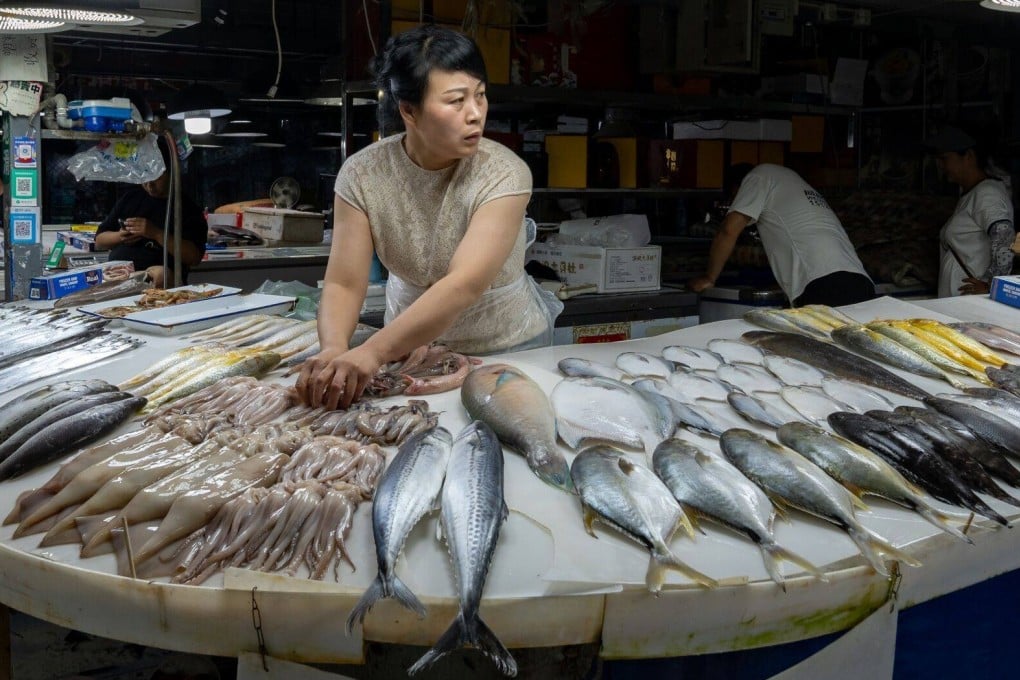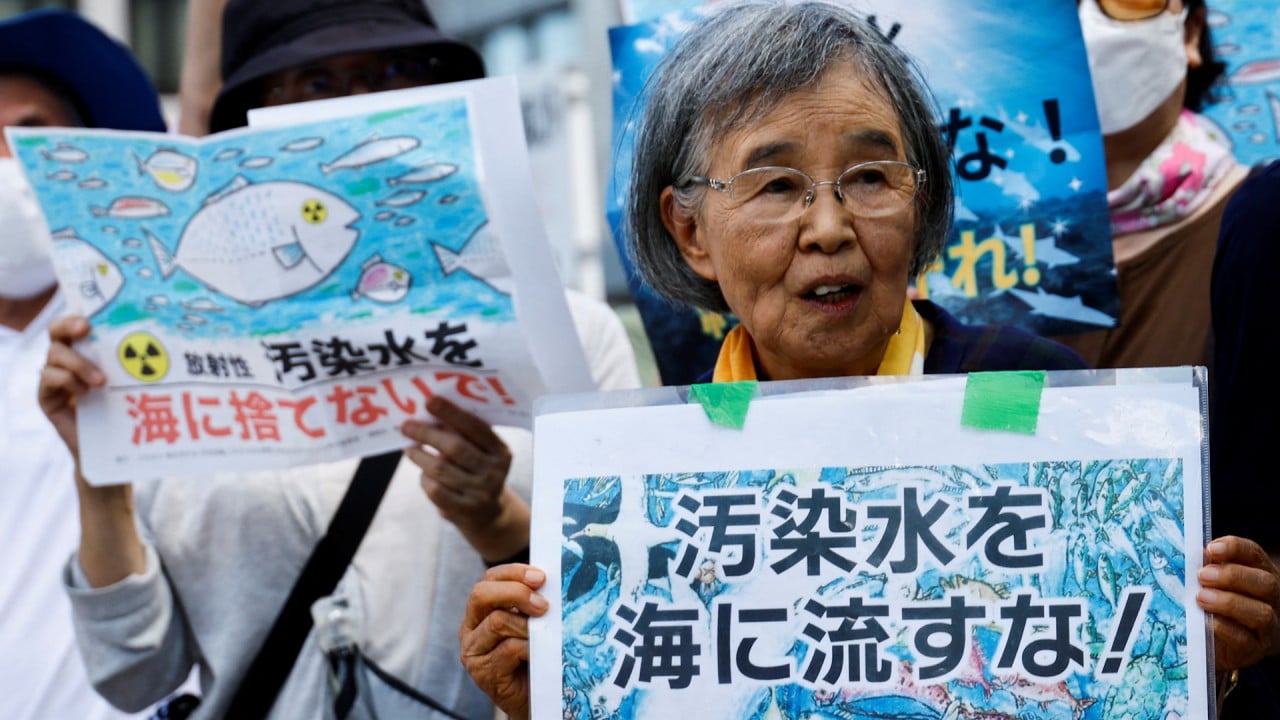China plans to tighten environmental regulation of deep-sea fish farming
- Coastal regions will be urged to speed up introduction of standards for discharging contaminated water, monitoring to be improved
- China is the world’s largest producer of farmed seafood and is seeking to expand the industry to meet the nation’s food security needs

Hu Songqin, an official with the Ministry of Ecology and Environment, on Monday said coastal regions would be urged to speed up the introduction of local standards for discharging water contaminated by aquaculture.
Hu also said the monitoring system for contaminated water would be gradually improved nationwide, environmental regulations would be strictly implemented and inspections carried out.
“We will continue to work with the Ministry of Agriculture and Rural Affairs and other relevant departments … to promote the green development of the mariculture industry,” Hu told reporters in Beijing.
China sees the ocean as an important and sustainable source of protein to feed its 1.4 billion people, and has been the world’s largest producer of farmed seafood for more than three decades. In 2016, it produced more food from the sea and fresh water than the rest of the top 10 countries combined.

